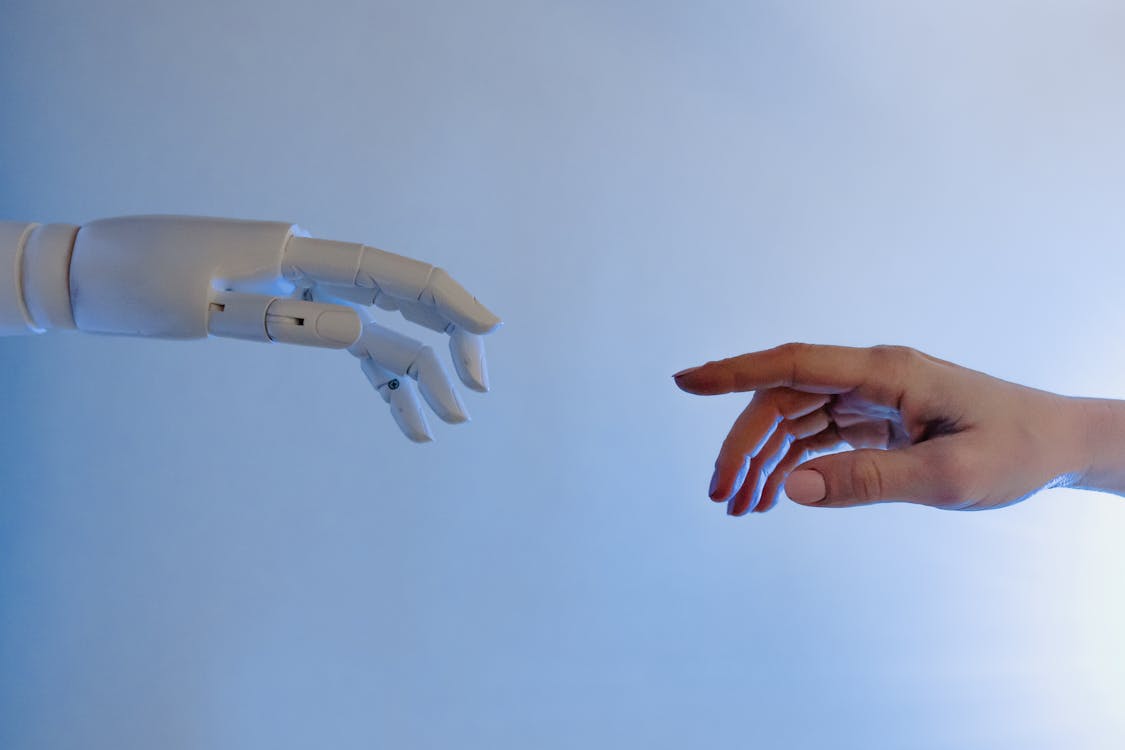
- +41 41 201 88 44
- [email protected]
- Mon-Fri 8am - 6pm
AI (Artificial Intelligence) has become an important tool in the emerging world of HR ecosystem. AI comes directly integrated with powered tools such as the ATS which provides an additional layer for talent acquisitors in their hiring process. It makes it easy to automatically screen the thousands of applications on their tool which in turn reduces manual-labour and time, enhancing the productivity of an HR.
Screening resumes productively and genuinely still is the greatest task in HR hiring process. 52% of hiring managers say the hardest part of enlistment is distinguishing the right newcomers from an enormous candidate pool.
As indicated by a study of HR recruitment leaders, 56% say their hiring volume will build this year, yet 66% of recruiting groups will either remain on the same size or contract to a lesser volume.
AI for recruitment is the use of artificial reasoning to the talent hiring process, where AI can figure out how to waitlist your optimal candidate, as well as computerize manual errands in the enrolment process.
This innovation is intended to smooth out or computerize some part of the selecting process, particularly redundant, high-volume undertakings and tasks.
Hiring managers and recruiters have been using AI for a really long time, and its start was unobtrusive and somewhat basic. For instance, utilizing an AI-controlled Applicant Tracking System (ATS) to look over many CVs and search for keywords or expressions is presently very common. Therefore, AI innovation presents an incredible way for talent acquisitors to thin the crowd of applicants quickly and proficiently.
However, the utilization of AI to rapidly look over CVs frequently prompts criticism from job searchers. They contend that the innovation diminishes an individual’s CV to a straightforward ‘yes or no’ absolutely founded on a keyword search while that choice should be based on the nature of their experience or potential and personality traits.
The issue, on the other hand, is that the option for hiring managers is to read and assess each and every CV independently. In the previous example of a task with more than a thousand candidates, this would require weeks – or maybe months. During which time the candidates are enthusiastically standing by to hear back.

Artificial intelligence for enlisting addresses an opportunity for talent acquisitors to reduce the time spent on redundant, tedious errands, for example, automating the screening of resumes, consequently setting off appraisals, or planning interviews with applicants.
The best AI-controlled innovation will be intended to computerize a part of your work process as well as to coordinate consistently with your current hiring stack so it doesn’t disrupt your work process.
To add as a bonus, accelerating these parts of enlisting through automation lessens time-to-hire, and that implies you will be less inclined to lose the best candidate to faster hiring contenders.
The guarantee of AI for improving the nature of recruitment lies in its capacity to utilize information to normalize the matching between competitors’ insight, information, and abilities and the prerequisites of the job.
This improvement in job matching is anticipated to prompt more joyful, more useful candidates who are less inclined to turnover.
With regards to finding the ideal candidate to get the job done, the last thing we need is for our judgment to be clouded by bias. Luckily, there are a few fascinating uses of AI with regards to recruitment that can assist with reducing bias in hiring. There are AI powered tools out there to assist hiring managers with composing a bias-free job advertisement for instance.
Steinentorstrasse 35 , 4051 Basel, Switzerland